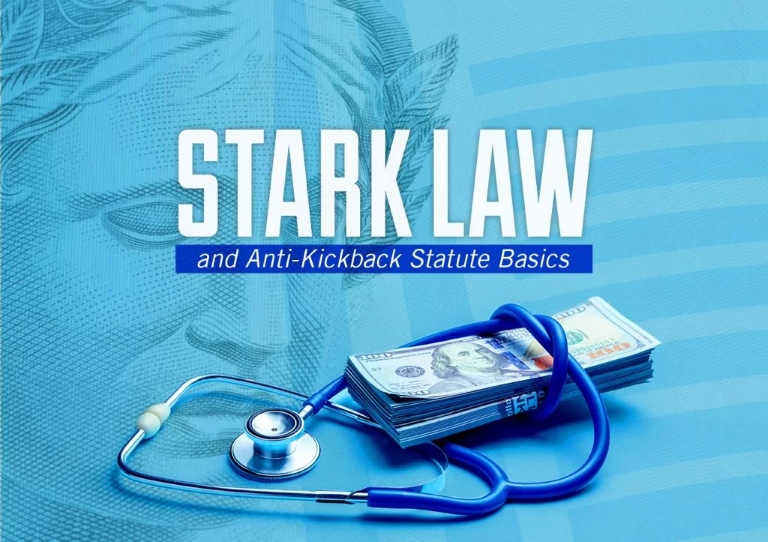Important Aspect of Pharmacy Compliance
In the world of healthcare, one of the most important things is making sure that pharmacies follow the rules and regulations, which is known as pharmacy compliance. The rules for pharmacies are always changing, and it’s crucial to follow them carefully. Pharmacy compliance isn’t just about following the law; it’s also about keeping patients safe, providing good care, and keeping a good reputation for healthcare organizations. In this blog, we’ll talk about pharmacy compliance, why it’s important, and what pharmacies need to do to follow the rules.
WHAT IS PHARMACY COMPLIANCE?
Pharmacy compliance covers a wide range of rules and standards that pharmacies have to follow in their day-to-day operations. These rules are in place to make sure that patients stay healthy, that medicines are given correctly, and that the supply of medicines is safe. If pharmacies don’t follow these rules, there can be serious consequences, like getting into legal trouble, damaging their reputation, and most importantly, harming patients.
WHY IS PHARMACY COMPLIANCE IMPORTANT?
- Keeping Patients Safe: The main reason for pharmacy compliance is to make sure that patients are safe. Following the rules means that medicines are given out correctly, with the right dose, and with the right information on the label. This reduces the chances of something bad happening to patients because of their medicine.
- Quality Control: Compliance also makes sure that medicines are good quality and work as they should. Pharmacies need to follow strict quality rules to make sure the medicines they give out are safe and effective.
- Managing Controlled Substances: There are extra strict rules for medicines that can be abused. Being compliant in this area is very important to make sure these medicines aren’t used in the wrong way while still making them available to patients who need them.
- Keeping Medicine Supply Safe: Compliance helps make sure that medicines are safe from the time they’re made until they reach patients. This includes tracking where medicines come from, preventing fake medicines, and making sure the medicines are real.
WHAT DO PHARMACIES NEED TO DO FOR COMPLIANCE?
- Getting the Right Permits: Pharmacies have to get the right permits from the state and federal governments. They also need to keep those permits up to date.
- Training Pharmacists and Staff: It’s important to make sure that pharmacists and their staff know what they’re doing. They need to keep learning about new things in the field.
- Giving Out Medicine Correctly: Making sure medicines are given out right, with the right labels and information, and talking to patients about their medicine.
- Keeping Records: Pharmacies need to keep good records of everything, including prescriptions, inventory, and patient information. This helps with audits and makes sure everyone is accountable.
- Securing Controlled Substances: Having good security in place, like cameras and strict rules for handling certain medicines, is necessary to prevent them from being used the wrong way.
- Quality Assurance: Pharmacies that make their own medicines need to follow strict quality rules to make sure they’re safe and work well.
- Protecting Patient Information: Following privacy rules to keep patient information safe.
THE FUTURE OF PHARMACY COMPLIANCE:
Pharmacy compliance will continue to be very important in healthcare. As healthcare changes and new rules and technologies come up, pharmacies will need to adapt. This might mean using new technologies like electronic health records and making new rules and processes to stay compliant. By doing this, pharmacies can help shape the future of healthcare and make sure patients get the best care.
CONCLUSION:
Pharmacy compliance isn’t just a choice; it’s a must. It’s about keeping patients safe, providing good care, and doing the right thing. Staying updated with the rules and finding better ways to follow them is something every pharmacy needs to do. Following the rules doesn’t just prevent legal issues; it also builds trust with patients and other healthcare partners. In a healthcare world where patient outcomes are the most important, pharmacy compliance is a key part of the industry’s success.
Contact one of our attorneys at Dike Law Group and schedule a meeting so we can discuss at dorismeet.com.






